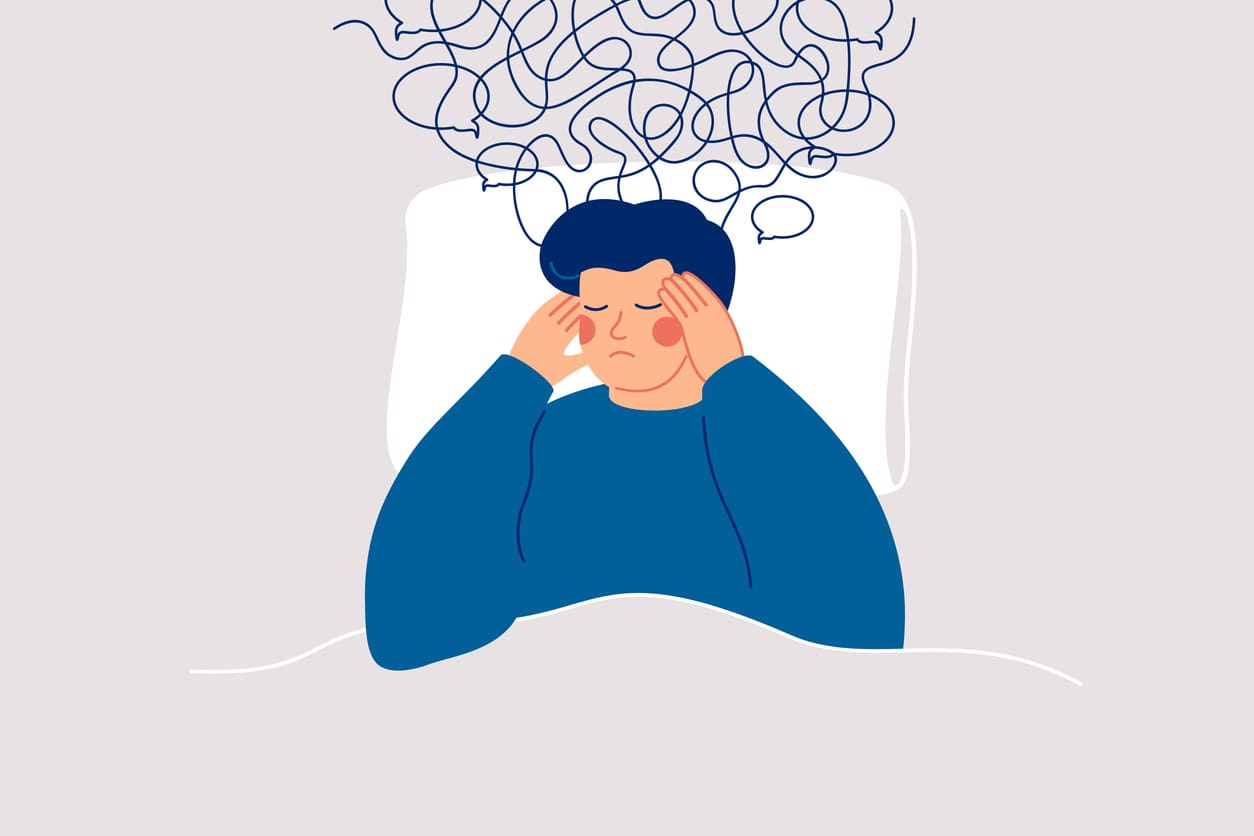Intrusive thoughts of suicide are one of the many possible manifestations of depression, obsessive-compulsive disorder, postpartum depression, and other psychiatric conditions. Despite advances in mental health treatment, suicide is a leading cause of death in the United States. Worldwide, it is estimated that more than 700,000 people die by suicide every year. According to the CDC, almost 50% of individuals that die by suicide have a history of psychiatric illness, and that percentage may actually be higher due to reporting issues. Clearly, novel, effective treatments for suicide are needed to meet the challenge of this public health crisis.
One such approach may be Transcranial Magnetic Stimulation (TMS). TMS has demonstrated effectiveness in the treatment of depression, but its effect on suicidality has yet to be definitively established. In order to further understand the potential of TMS to prevent suicidality, a 2019 study, published in 2020 in the Journal of Psychiatric Research sought to “systematically review clinical trial data examining the effectiveness of TMS as a treatment for suicidal ideation,” as well as to “investigate the extent to which changes in suicidality are independent of improvements in depression in a clinical sample of veterans who received TMS treatment.” Continue reading for a discussion of the findings of this study, as well as another recent study examining the effectiveness of TMS for the suicidal thoughts.
Background on Depression and Suicidality
As Bozzay, et al. note in the above study, a reduction in depressive symptoms is not necessarily correlated with a reduction in suicidal ideation. In other words, when a patient experiences improvement in depressive symptoms, this will not necessarily result in a reduction in intrusive thoughts of suicide, and vice versa. Thus, one cannot assume that because TMS has been repeatedly shown to be an effective treatment for depression, it will be equally effective in reducing suicidal thoughts. Against this backdrop, the study sought to begin to clarify how TMS impacts suicidal ideation specifically.
Data on the Effectiveness of Treating Intrusive Thoughts of Suicide with TMS
The 2019 study noted above in fact consisted of two studies. In the initial study, the authors systematically reviewed studies in the Pubmed and biRxiv databases through July 2019 that evaluated TMS for suicidal thoughts or behaviors. From this review, the authors found that the evidence reaffirmed the effectiveness of TMS for depression but found a lack of clarity around how well it worked for depression. In the second study, the authors’ retrospective analysis of 43 VA neuromodulation (of which TMS is one type) patients, found “significant decreases in suicidal ideation” that could not always be explained by a reduction in depressive symptoms.
Overall, this study concluded that transcranial magnetic stimulation showed potential to reduce intrusive thoughts of suicide, but further research specifically focused on this application needed.
Does TMS Work To Reduce Suicidality?
TMS uses focused magnetic pulses to activate specific areas of the brain, and recent studies suggest that it has promise in reducing suicidality, which has previously been shown to have an association with frontostriatal functional connectivity. A 2021 study used multimodal neuroimaging to evaluate the effectiveness of TMS for reducing suicidal thoughts in 25 individuals with PTSD and MDD who received 8 weeks of TMS. This secondary analysis of a prior study found, “a significant association between reductions in suicidality and decreased frontostriatal functional connectivity.” This study concluded that TMS helped decrease suicidal ideation in 65% of study participants, even independently of an improvement in other mental health symptoms.
The evidence from this 2021 study, particularly when viewed in combination with the second study prong of the 2019 study described above, suggests that TMS can be highly effective as a treatment for suicidal thoughts, perhaps independently of its effectiveness at treating depression and certain other mental health conditions.
Contact Mid City TMS Today for Help with Intrusive Thoughts of Suicide and Other Mental Health Symptoms
These recent studies suggest that TMS can be a very effective procedure to help with thoughts of suicide and the underlying conditions that cause them. This exciting new arena of TMS research bolsters the current and future potential of the treatment.
Furthermore, TMS is a safe and noninvasive brain stimulation procedure that has been FDA-approved for the treatment of major depression for fifteen years. Research continues to support new treatment indications for TMS. To find out if TMS can decrease your intrusive thoughts of suicide or help you with other mental health symptoms, reach out to make an appointment with MidCity TMS today!
















